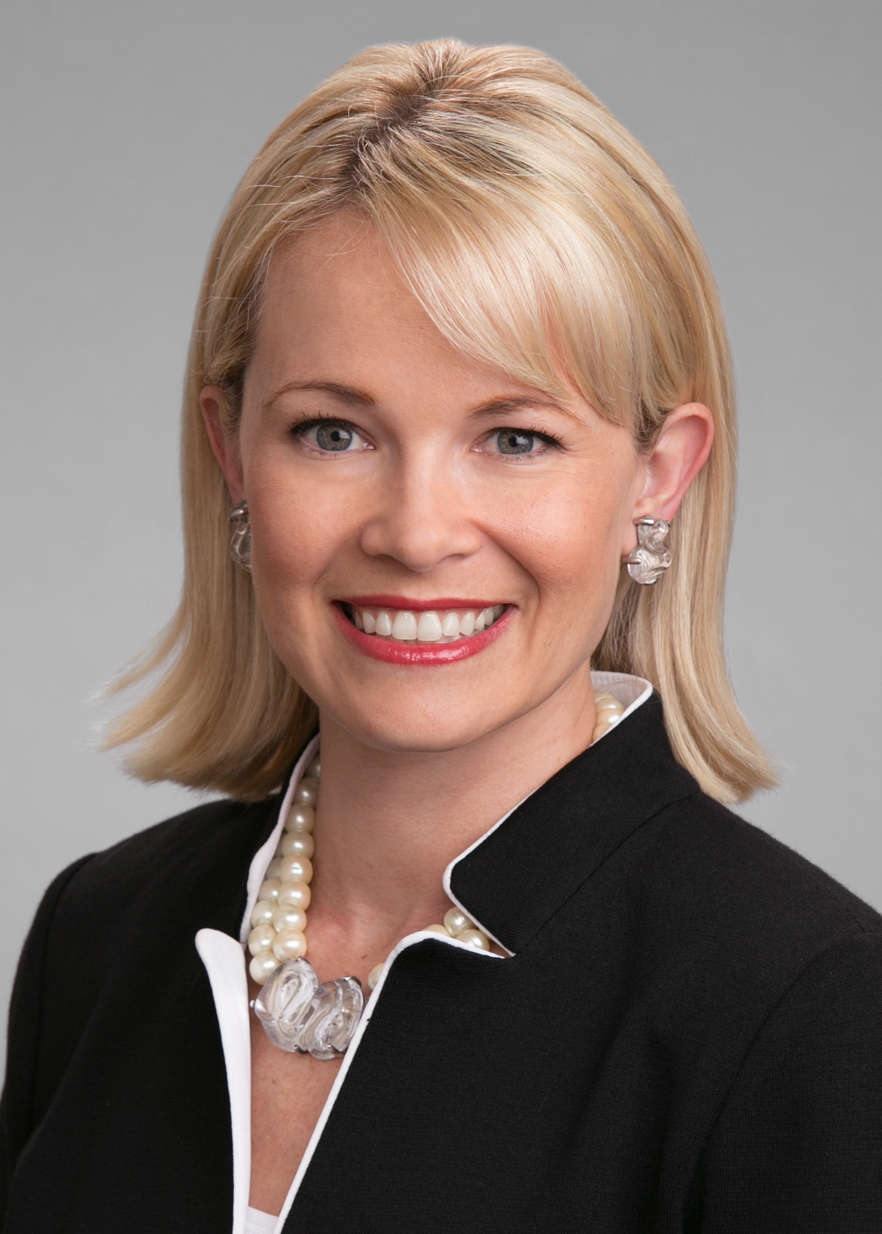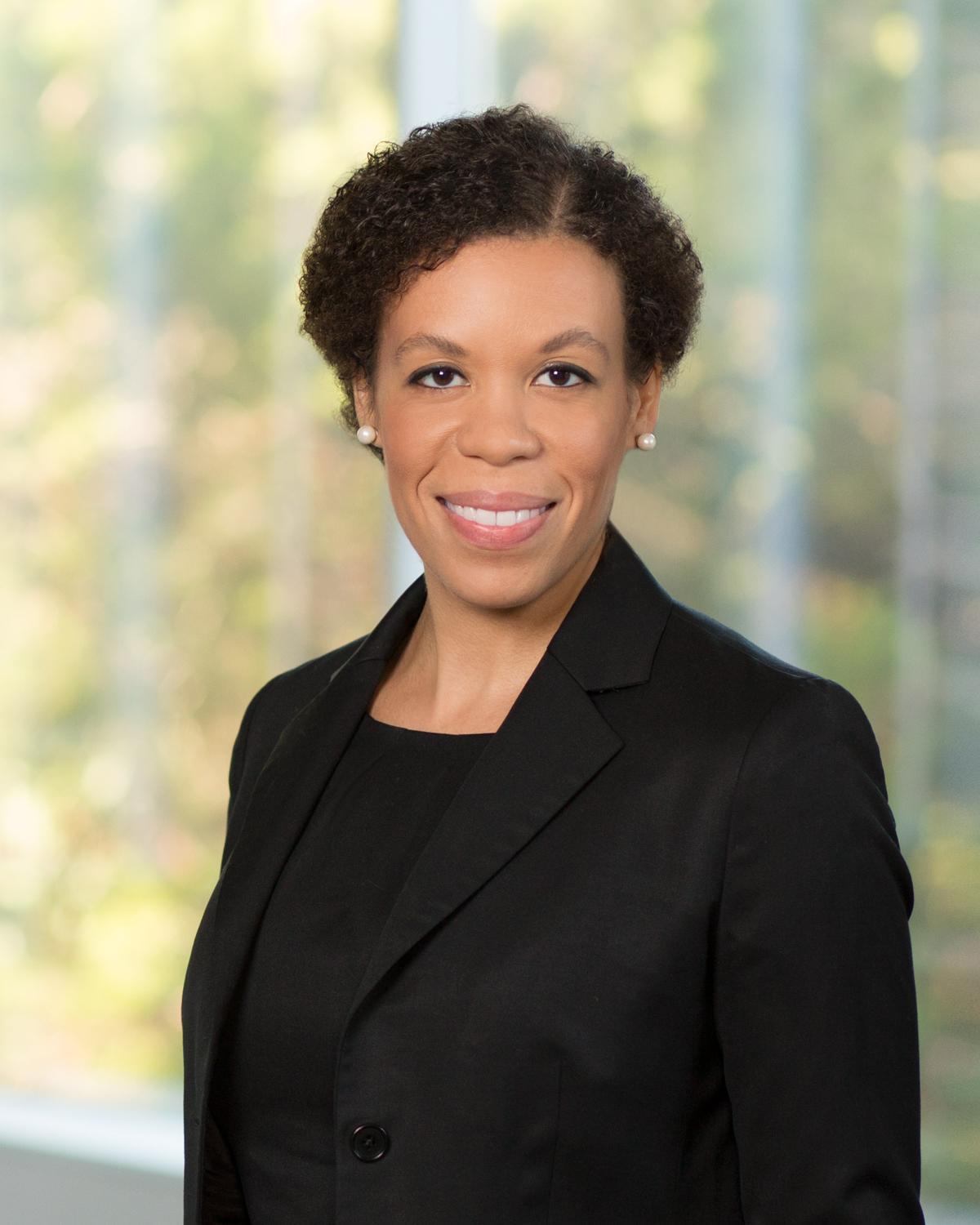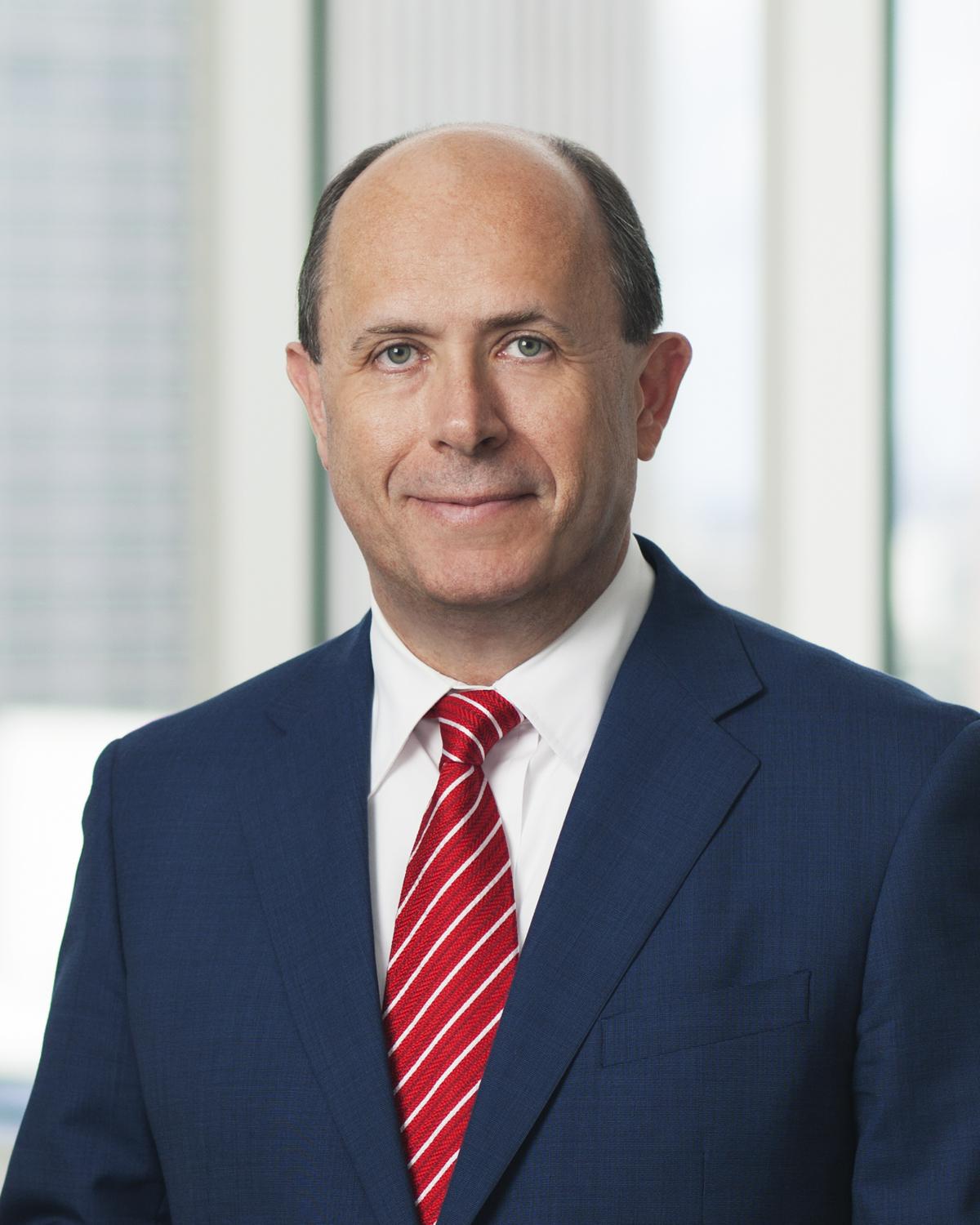
ILLUSTRATION BY ROBERT D. AVILA
[Editor's note: This story appears in the June 2020 edition of Oil and Gas Investor. Subscribe to the magazine here. A version of this story previously appeared online on April 22, 2020.]
If it’s 2020, then climate change, board diversity, worker protections and data privacy are supposed to be driving corporate discussions. Obviously, priorities shift during a crisis.

“We’re not spending any time talking about ESG in the boardrooms right now,” said Hillary Holmes, partner in the Houston office of Gibson, Dunn & Crutcher LLP, whose job entails advising oil and gas company boards of directors on a range of strategies including—particularly at this moment—survival.
But don’t push those issues aside for too long.
“It’s really important to note that COVID-19 is an ESG crisis,” stressed Sarah Fortt, counsel in M&A and capital markets at Vinson & Elkins LLP, during a recent webinar. “It’s not the scenario that everyone was necessarily looking at. A global pandemic, without a doubt, is an ESG scenario. It’s a nonfinancial risk. I think one of the things that’s going to be interesting going forward is to see how investors respond to other areas of nonfinancial risks.”
More immediately, ESG touches on succession for board members and senior executives who tend to be in the vulnerable age range for the virus. The crisis has also revealed the strengths of companies that addressed ESG seriously prior to the downcycle.
“At this moment, the value-add of diverse perspectives in the boardroom and strength in the leadership team—however that’s defined at a particular company—is becoming … more important than ever,” Holmes said. “I think that will highlight for companies what they already knew: having a diverse board, diverse perspectives, experience, background, race and gender and other things, is what a company needs, particularly in a time of crisis.”

That realization will have ripple effects as the crisis abates and ESG returns to the conversation, she said. But even in the near term, companies will still need to grapple with a host of unexpected ESG issues.
Honey, I’m home. And at work.
“We are in the middle of the largest telework experiment ever conducted on the planet,” said Thomas Wilson, Houston-based partner with Vinson & Elkins, during a recent webinar. “We need to learn from this. This is not just the question of technology. It’s about, how does work actually get done?”
Companies need to develop mechanisms for studying productivity during this period, he said, and determine the good and bad of telework. Will this iteration of the modern workplace show itself to be an improvement, or will it illustrate why the traditional office setting has always been in favor?
“The families of your employees are now, in effect, in your workplace,” Wilson said. “Their pets are even there.”
The oil and gas industry is no stranger to the concept of the remote work policies, with employees operating in far-flung onshore and offshore locales around the world, wherever hydrocarbons may be. But those outposts are purposeful. The newly at-home workforce in this crisis was forced into this situation hurriedly, with little preparation.
“When it comes to employees, there’s the legal considerations and then there are also the human considerations,” Fortt said. “That has to do with employee wellness with respect to their health but also mental and emotional wellness at this time of additional stress and coming next.”
To get a handle on employee isolation, Wilson recommends companies establish teams to examine these issues. Keeping in contact with workers will help establish how the workplace will function in the future because, as interminable as it may seem to be at times, the ongoing lockdown will end.
“We need to prepare our employees for the fact that this will be a slow process back to normal,” he said. “We will also need to prepare for that new normal that we should be working on, and we should be working on that new normal now. How companies communicate with those who are watching is more important than ever.”
It can happen to you
As the United Kingdom learned, Wilson said, even a head of state like Prime Minister Boris Johnson can be exposed to the coronavirus and contract COVID-19. Many inhabitants of oil and gas corporate C-suites are in at-risk categories for the illness.
“To operate a company in these times takes, obviously, strong leadership in today’s situation,” he said. “Success in succession planning takes on a whole new meaning. It is often difficult for leaders to consider the need to have a clear plan should the worst happen to them.”
It’s a tough discussion, Wilson said, but criteria are necessary ahead of time in the event that an officer or board member becomes ill, even if the plan is only in effect for a temporary period while the individual recovers.
When the company is in flux, people will be moved into new positions with new duties, meaning that compensation must be addressed. It could involve review of employment contracts or other kinds of agreements. For example, he said, do those agreements define disability? Any amendments to those agreements need to be addressed quickly in a crisis.
“Again, planning this ahead of time may make this process slightly less painful,” Wilson said.
Of course, it’s not just those at the top who can get sick. What happens when a worker with access to important data contracts the virus? First thing is to be careful. This is not one of those times a company wants everyone on the same page.

“I just want to remind people [that] the principles of data minimization from the data privacy perspective, meaning you don’t collect more than you need, still do apply with respect to COVID-19,” said Devika Kornbacher, partner in technology transactions and intellectual property at Vinson & Elkins, during the webinar.
Kornbacher recommended that companies keep the team made aware of the health information very small, only including people in a position to make a decision about whether that worker can continue to work onsite. The company at large does not need to know.
“So, yes, COVID-19 has absolutely changed how much data employers are feeling like they need from employees,” she said, “but it hasn't changed the basic principles of keeping that information confidential.”
If the company is publicly owned, then disclosure must be addressed.
“This is a real-world example of when emergency bylaws may need to be used,” Fortt said. “So if you don’t have emergency bylaws in place and it’s permitted under the applicable state law where your company is incorporated, I think it’s definitely timely to consider adding that so that the board can act with less than a traditional quorum if necessary.”
And keeping investors in the loop is critical as well.
“That’s what COVID-19 is really telling us going forward,” Kornbacher said. “There’s going to be enhanced disclosure expectation for how nonfinancial risks really do fit into enterprise risk management.”
Companies may be accustomed to dealing with crises, but dealing with disclosures during one—especially one like COVID-19— is likely uncharted territory for most. It’s not just about remote work policies but overall governance, climate change and cybersecurity risks come into play.
How do we look?

“At no time has there been an opportunity to show strong corporate culture as we have today,” Wilson said. “Certainly your employees are watching how this all goes. We also have to understand that others are watching. If you think social media discussion about your company was important before all of this happened, with almost everyone using social media to maintain their connections to others, a negative report about your company’s treatment of employees will catch fire and spread quickly.”
It’s not too early for companies to start thinking about how they want to be perceived following this crisis, Fortt said. The best-case scenario is to be seen as a company that took a balanced approach and communicated well and thoughtfully. Worst-case scenario: to be judged tone deaf to the situation.
“In a presidential election, which will no doubt ramp up the heat of the rhetoric, we need to start this process now,” Wilson said. “We cannot have that tone deafness as to what we are doing now, and in the coming weeks and months [have that perception] by our workers, our shareholders and all types of activists.”
Each decision on compensation, employment, safety and the like will be magnified in importance for some time, he said.
“If we don’t have a relative revolution on the streets and in social media, we will need something of a revolution in corporate culture,” Wilson said. “We cannot forget the lessons we are learning right now.”
Among those lessons are paying attention to executive compensation and CEO pay ratio; safety in the workplace; and treatment of the workforce. Those could include flexible work arrangements in the future and studying whether remote work helps or hurts companies and employees.
They also include the well-being of employees sent around the world to work. The protection of those employees can be a difficult issue to address in the energy business, in which staff is regularly shipped to sites overseas.
“A lot of thought in the future needs to be given to the need to operate in some areas,” he said. “And if the conclusion is that operations in these areas are imperative, we need to really think thoroughly through the issue of how we protect our employees who are there and how we bring them home in case we need to do so very quickly.”
Few, if any, anticipated the convergence of a global pandemic with an oil price collapse, but Wilson views ESG as a useful tool in prompting companies to stretch their imaginations to prepare for the next crisis.
“Rather than just being concerned about what the rating companies are doing, what your scores are, we could use ESG to do better and to improve our imagination,” he said. “This may not be something we can do just company by company. Maybe we need to create a new industry group, the ‘Black Swans Association,’ if you want to call it that, to consider what the future could bring and prepare for it.”
Recommended Reading
Energy Transition in Motion (Week of Nov. 1, 2024)
2024-11-01 - Here is a look at some of this week’s renewable energy news, including progress on the largest U.S. offshore wind project being developed.
Energy Transition in Motion (Week of Aug. 23, 2024)
2024-08-23 - Here is a look at some of this week’s renewable energy news, including a promising outlook for global offshore wind capacity.
Energy Transition in Motion (Week of Oct. 25, 2024)
2024-10-25 - Here is a look at some of this week’s renewable energy news, including a U.S. Geological Survey-led study pointing to massive estimated lithium reserves in the Arkansas Smackover.
US Offshore Wind Lease Sale Brings in Nearly $22MM in Winning Bids
2024-10-29 - Avangrid Renewables and Invenergy were the two provisional winners of four lease areas, according to the Bureau of Ocean Energy Management.
BOEM Greenlights Atlantic Shores South Offshore Wind Project
2024-10-02 - The approval pushes the U.S. closer to its goal of deploying 30 gigawatts of offshore wind energy capacity by 2030.
Comments
Add new comment
This conversation is moderated according to Hart Energy community rules. Please read the rules before joining the discussion. If you’re experiencing any technical problems, please contact our customer care team.





